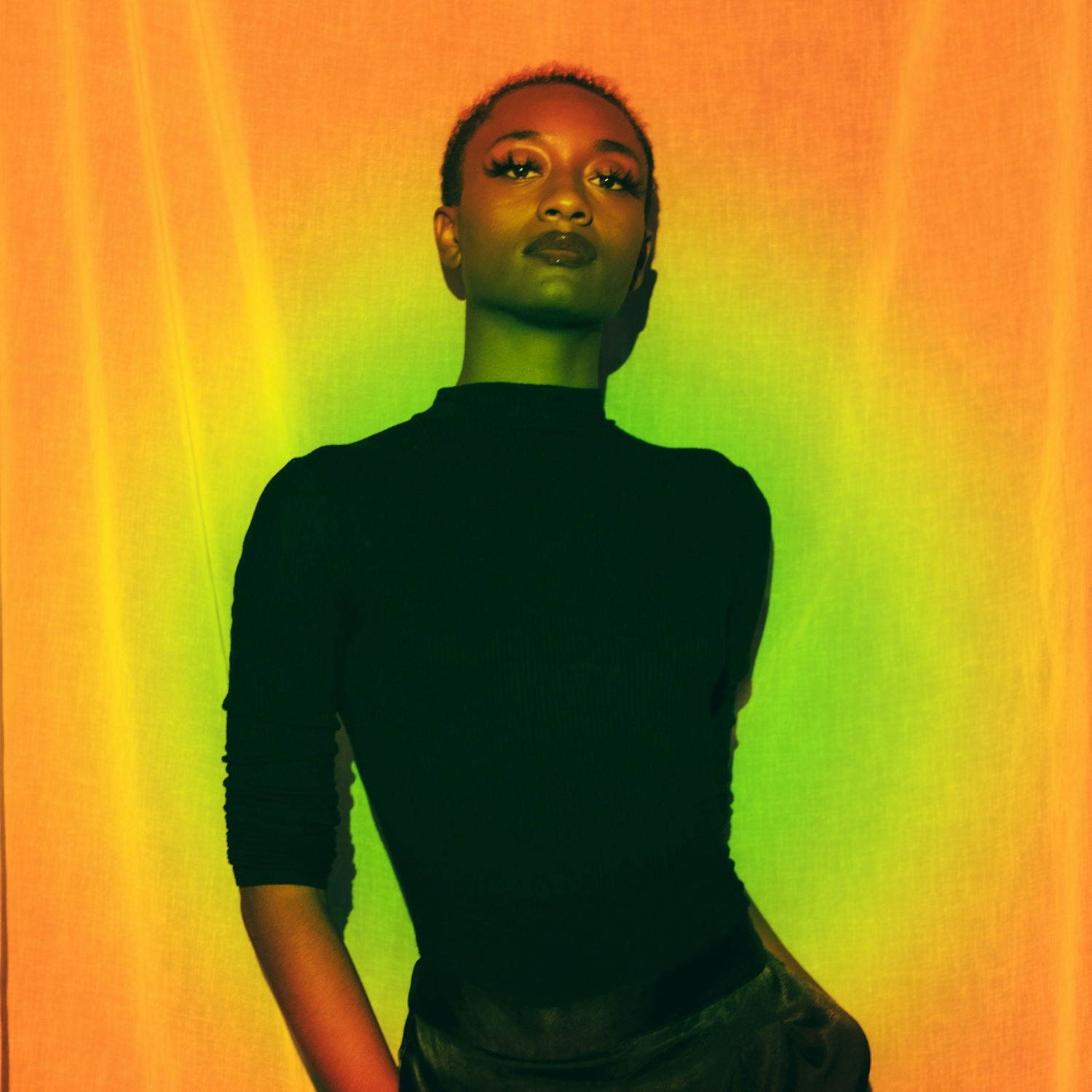My Pronouns are Non-Binary Black Woman
A self-discovery into embracing my identity beyond the gender binary while still being a black woman.
PHOTOGRAPHY BY Nick Fancher
It was in true Gen Z fashion that one day, as I was aimlessly scrolling on TikTok, I stumbled across a video that completely changed how I perceive gender, race, and the media forever. The Woke or Whateva podcast posted a video of them speaking about their preferred pronouns. They both agreed that when asked, they answered she/they or they/them. However, they also decided that the term "woman" does not represent them correctly, but "Black woman" does. "Being a Black woman is outside the gender binary," Beck said.
As I listened to their conversation, my entire body tingled with euphoria. Finally, I had words to describe my own gender experience. Being surrounded by white people and not having someone to discuss gender with who has also experienced blackness has added to the difficulties of finding myself.
Growing up in Atlanta, I never felt out of place. My community had many Black women of all ages who accepted me without reservation and helped shape my view of womanhood. When I moved to New York City to attend a primarily white institution, my overall experience with gender was noticing the differences between my white counterparts and me. There was a culture shock of moving to a place where my presence and expression of womanhood were seen as loud.
Even as I walked the streets, carrying my head high and walking purposefully, I felt this constant reminder that my presence was too much. At every turn, white women were all around me. Seeing how I took up space while they appeared as tiny damsels in distress was jarring.
PHOTOGRAPHY BY NICK FANCHER
They were all skinny, meek, and the feminine desired by all men. I was no longer cute, short, or funny. If that wasn't enough, when I realized I was pansexual, white women surrounded me everywhere. As I explored my sexuality, I was viewed as a top in white spaces. It felt easier to take on that role and embrace my masculinity than to convince others of my femininity.
It was around 2017 when I started to question my pronouns: am I she or am I they? I was confused and didn't fit into either category. I was between two identities. I fell into gender limbo. My friends who identified as non-binary seemed more relatable to me, but I couldn't commit to being completely gender non-conforming. As white peers have an endless array of representations, they seem to have a lot of space to explore gender, and there is a lot of room to express their thoughts. On the other hand, Black women are just now getting new levels of queerness and acceptance.
Black women's duality is ignored or underappreciated by the media. Throughout history, Black women have been in physically demanding labor while nurturing other people's children. So many of our mothers worked hard and still found time to braid our hair and kiss our cheeks. The women around me were my disciplinarians and cheerleaders. The media portrays Black women as hard-working, cold, dismissive, or loving stay-at-home moms. There are only two options: masculine or feminine, denying Black women the ability to be both.
Even when looking at our kick-ass new Black female-led movies, like Black Panther and The Woman King, the independence and strength of these women are also a metaphor for their lack of male necessity. The men in their lives are either dead, useless, or abusive, leaving our female protagonists to take on the role of "man." The comparison of these Black women to men is noticeable. These characters are strong. They walk with purpose and talk with a base in their voices,
PHOTOGRAPHY BY NICK FANCHER
Unlike the white superwomen we've come to know, these Black women characters don't use seduction as a tool to beat their opponents. These women aren't as desirable and must use brute strength to achieve their goals. It conveys that, on the big screen, Black women are either stereotypically feminine or stereotypically masculine. As a result, we are dismissing our inherent duality in expressing our gender.
Like anything else that isn't cis and white, Black women are difficult to understand and less relatable. We have to tackle the world differently. Not to mention how hard we have to fight even to be seen on screen, let alone represented correctly. We need more space to create and learn from Black women's experiences. On the one hand, I know that many Black people are moving away from the gender binary, but on the other hand, many of us Black women can't picture ourselves in any other way.
Because of my inability to relate to other races' womanhood forms, I find myself going further down the road of non-womanness. I am not a woman. I am a Black woman. I feel a sense of power when I am ten steps closer to identifying myself and my gender, and I hope all queer, gender-bending, Black people embody this power someday. These kinds of conversations will undoubtedly become more frequent as we take full advantage of our freedom and explore how far we can push the boundaries of gender.



